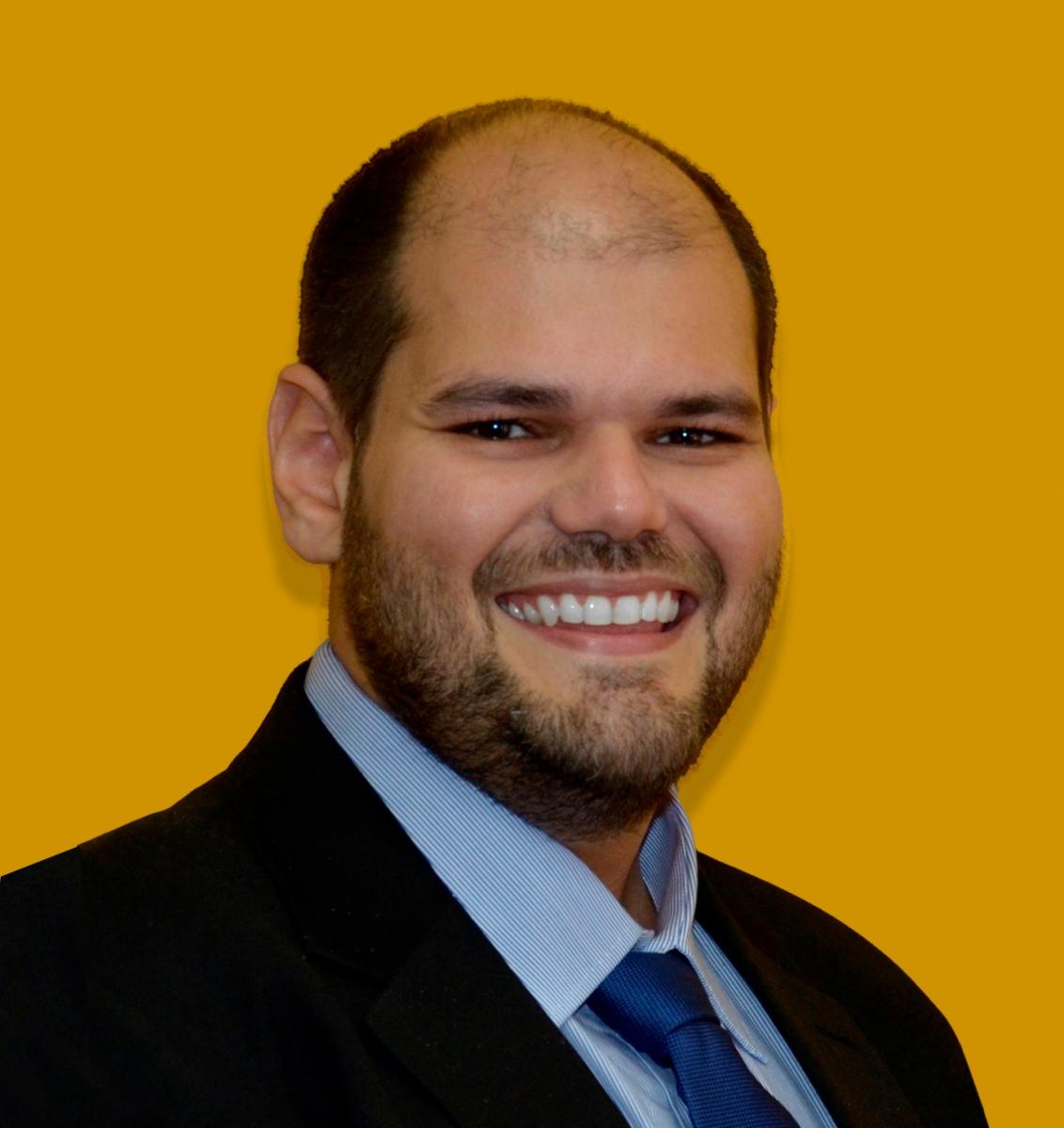Dr. Tiago Roux Oliveira
Rio de Janeiro State University (UERJ)
Seminar Information

The development of extremum seeking (ES) has progressed, over the past hundred years, from static maps, to finite-dimensional dynamic systems, to networks of static and dynamic agents. Extensions from ODE dynamics to maps and agents that incorporate delays or even partial differential equations (PDEs) is the next natural step in that progression through ascending research challenges. This talk reviews results on the algorithm design and theory of ES for such infinite-dimensional systems. Both hyperbolic and parabolic dynamics are presented: delays or transport equations, heat-dominated equation, wave equations, and reaction-advection-diffusion equations. Methods are introduced for single-agent optimization and extended to non-cooperative game scenarios of the model-free kind. Even heterogeneous PDE games, such as a duopoly with one parabolic and one hyperbolic agent, are considered. Several engineering applications are touched on for illustration, including flow-traffic control for urban mobility, oil-drilling systems, deep-sea cable-actuated source seeking, additive manufacturing modeled by the Stefan PDE, biological reactors, light-source seeking with flexible-beam structures, and neuromuscular electrical stimulation.
Tiago Roux Oliveira (Senior Member, IEEE) received the B.Sc. degree in electrical engineering from UERJ, in 2004, and the M.Sc. and Ph.D. degrees in electrical engineering from COPPE/UFRJ, in 2006 and 2010, respectively. In 2014, he was a Visiting Scholar with the University of California, San Diego (UCSD), La Jolla, CA, USA. He is currently a Professor with the Department of Electronics and Telecommunication Engineering at UERJ. He published over 250-refereed journal articles, book chapters, and conference papers. He is the Associate Editor for the Journal of the Franklin Institute (JFI), Systems & Control Letters (SCL), International Journal of Robust and Nonlinear Control (IJRNC), IEEE Open Journal of Control Systems (OJ-CSYS), IEEE Transactions on Cybernetics (TCYB), IEEE Control Systems Letters (L-CSS), and Automatica. Dr. Oliveira was a recipient of the CAPES National Award of Best Thesis in electrical engineering, in 2011, and the FAPERJ Young Researcher Award, in 2012, 2015, and 2018. Dr. Oliveira is also the recipient of the 2021 TCST Outstanding Paper Award conferred by IEEE/CSS. He has served as a member for the IFAC TCs: Adaptive and Learning Systems (TC 1.2), Control Design (TC 2.1), Non-linear Control Systems (TC 2.3), Distributed Parameter Systems (TC 2.6), and the two TCs on Variable Structure & Sliding Mode Control and Distributed Parameter Systems of the IEEE/CSS. In 2017, he was nominated as an Affiliate Member of the Brazilian Academy of Sciences. In 2020, he was elected as the Chair of the TC 1.2 of the IFAC for the triennial 2020-2023 and re-elected for the triennium 2023-2026. In 2022, he was elected as the President of the Brazilian Society of Automatics for the biennial 2023-2025. He is the author of the book entitled "Extremum Seeking through Delays and PDEs," published by SIAM in 2022.
